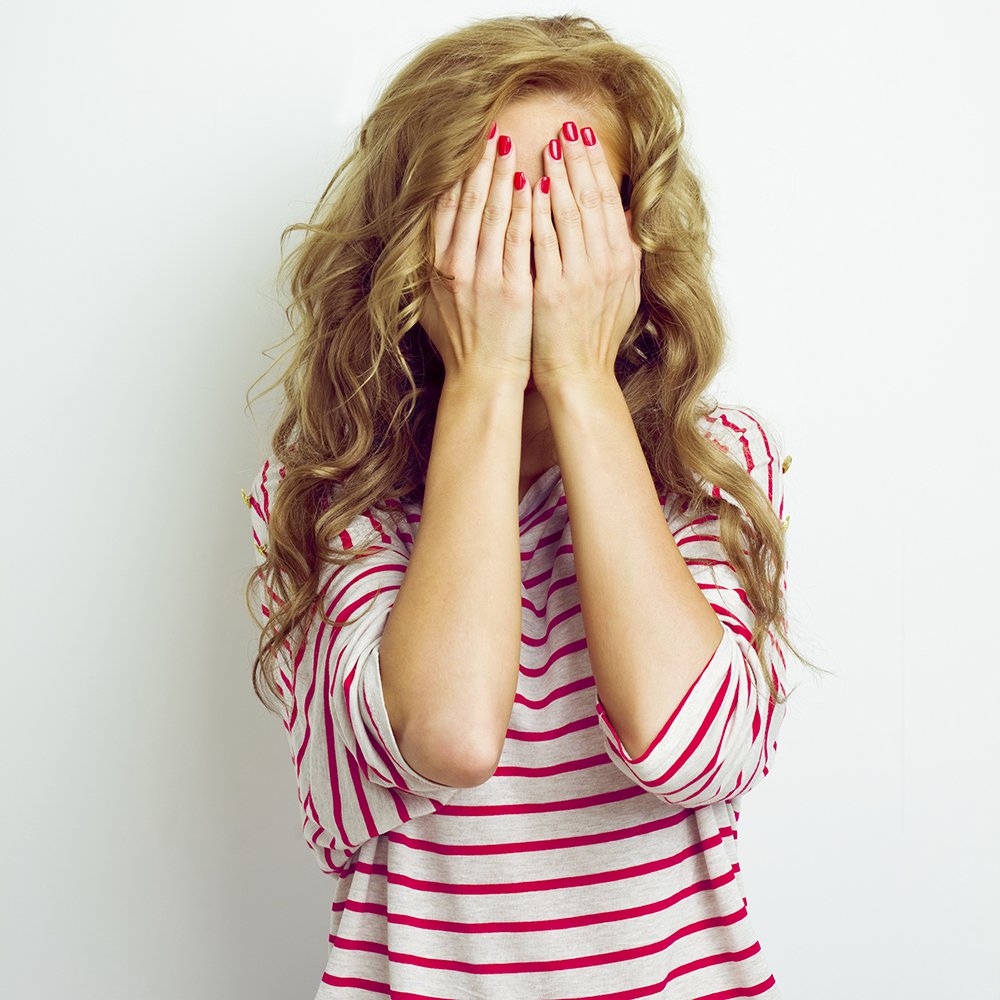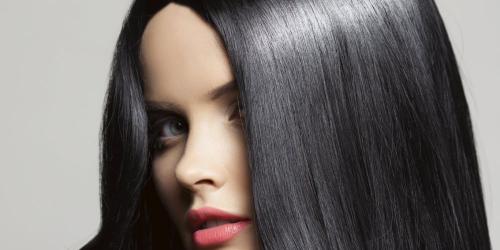Both types of dandruff
Naturally, the skin of the scalp is renewed regularly, every twenty-one days. However, when the phenomenon accelerates, the dead cells accumulate and become visible. These are the little skins we call dandruff. There are two types: dry dandruff and fat dandruff. In the first case, the small dead skin is white and detaches easily. Just put a hand in his hair to see them fall into snow. They appear in particular on a very dry scalp.
Dandruff, on the other hand, is thicker with a color that often pulls on yellow. They agglomerate in the form of more or less large plates, stuck on the scalp and on the roots. Dandruff is linked to an excess of sebum, this natural oil made by the body to allow the proper hydration of the epidermis.
The impact of dandruff
Whatever their form, dandruff disturbs. Dark clothing lovers who know this problem will be unanimous: they are unsightly, and their presence is embarrassing. Moreover, the accumulation of scales may end up causing itching more or less pronounced. Difficult then to refrain from scratching. However, this will cause irritation and scalp damage. This increased sensitivity may further promote the formation of dandruff: it is then a vicious circle that settles. But it's never too late to get things back on track quickly.
External causes of dandruff
Although often associated with the idea of poor hygiene, dandruff is not caused by poor hair care. Various external aggressions can promote their proliferation by irritating the scalp. Chemical dyes, repetitive shampoos with over-cleaning products, blow-dryers and other aggressive hair treatments are very common causes. Opt instead for soft and natural products to pamper your scalp.
Similarly, pollution, cigarette smoke or prolonged stays in chlorinated water can disrupt the balance of the scalp. Finally, the frequent wearing of hats, hats or caps can also contribute to weakening the epidermis.
Internal causes of dandruff
Other factors specific to each can promote the appearance of dandruff. Anxiety, overwork, fatigue due to lack of sleep or unbalanced diet can have an impact on the scalp. It is therefore essential to sleep well and adopt a diet rich in B vitamins and omega-3, essential fatty acids for the proper functioning of the body.
The most stressed can move towards yoga or other relaxation exercises. Finally, hormonal imbalance is another factor. Menopause, pregnancy or the use of certain contraceptives may be involved. Revisiting one's habits and adopting the right products is often enough to eradicate dandruff. However, if the problem persists, do not hesitate to ask your dermatologist for advice.


